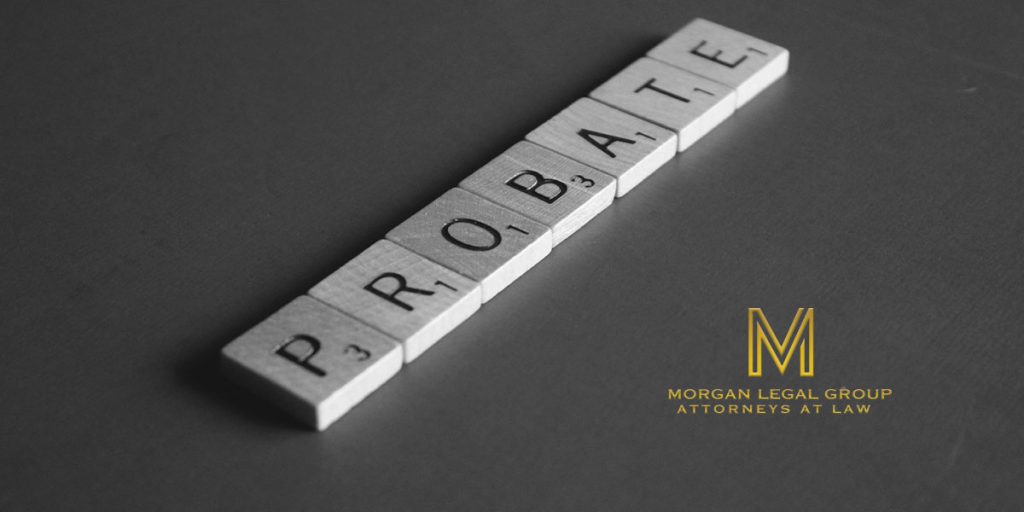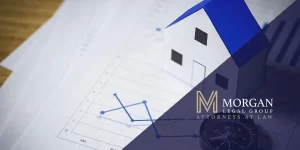Introduction
Probate is a crucial legal process that occurs after someone passes away, during which their will is validated, and their assets are distributed to beneficiaries and heirs. Completing probate can be a complex and time-consuming journey, but understanding what to expect can help ease the process. In this guide, we will explore the outcomes and procedures that individuals can anticipate upon the completion of probate in New York.
The Probate Process in New York
Before delving into what happens upon completion, let’s briefly review the key steps involved in the probate process:
1. Filing the Petition
Probate begins with the filing of a petition in the Surrogate’s Court of the county where the deceased person lived. This petition requests the court to admit the will to probate and appoint an executor or administrator.
2. Notification to Heirs and Beneficiaries
All heirs and beneficiaries must be notified of the probate proceedings. This ensures that interested parties have the opportunity to contest the will if they believe it is invalid.
3. Validating the Will
The court will examine the will’s validity, ensuring it meets New York’s legal requirements. If there are challenges to the will’s authenticity or legality, a hearing may be required.
4. Inventory of Assets
The executor or administrator compiles an inventory of the deceased person’s assets, including real estate, financial accounts, personal property, and debts.
5. Payment of Debts and Taxes
Outstanding debts and taxes, including income and estate taxes, must be settled using the estate’s assets. This is typically done before distributing assets to beneficiaries.
6. Asset Distribution
Once debts and taxes are resolved, the remaining assets are distributed to the beneficiaries according to the terms of the will or New York’s intestacy laws if there is no will.
7. Final Accounting
The executor or administrator provides a final accounting to the court, detailing all financial transactions and distributions made during probate.
8. Closing the Estate
With court approval of the final accounting, the estate is closed, and the executor or administrator is discharged from their duties.
Outcomes of Completing Probate
Upon successful completion of the probate process in New York, several key outcomes can be expected:
1. Legal Validation of the Will
The court’s validation of the will ensures that it meets all legal requirements, including proper execution and signatures. This legally establishes the deceased person’s final wishes regarding asset distribution.
2. Asset Distribution
Beneficiaries will receive their designated shares of the estate’s assets. This may include real estate, financial accounts, personal property, and more. The distribution should align with the terms of the will or intestacy laws.
3. Settlement of Debts and Taxes
Probate allows for the proper settlement of outstanding debts and taxes, ensuring that the estate’s obligations are fulfilled. This includes income and estate taxes, funeral expenses, and other debts.
4. Executor or Administrator Discharge
Upon completing their responsibilities, the executor or administrator is discharged from their role by the court. This marks the conclusion of their duties in managing the estate.
5. Closure of the Estate
With the court’s approval of the final accounting and distribution of assets, the estate is officially closed. This means that all legal matters related to the deceased person’s assets have been resolved.
Challenges and Delays
While the outcomes mentioned above represent the ideal scenario, probate can encounter challenges and delays. Some common issues include:
1. Will Contests
Heirs or beneficiaries may contest the will’s validity, leading to legal disputes and potential delays in asset distribution.
2. Complex Estates
If the deceased person had a complex estate with numerous assets, businesses, or properties, probate can become more intricate and time-consuming.
3. Creditor Claims
Creditors may file claims against the estate, requiring careful consideration and negotiation to settle outstanding debts.
4. Tax Issues
Complicated tax matters, including disputes with tax authorities, can prolong the probate process.
Seeking Legal Guidance
Probate can be a multifaceted legal process, and its outcomes can vary depending on the circumstances. To ensure a smooth and efficient probate process, it’s advisable to seek the guidance of an experienced estate attorney. An attorney can help navigate complexities, address challenges, and facilitate the proper distribution of assets in accordance with the law.
At Morgan Legal Group P.C., our dedicated team specializes in estate planning and probate matters in New York. We are committed to providing comprehensive legal support to individuals and families, ensuring their interests are protected throughout the probate process.
Conclusion
Completion of probate in New York results in the legal validation of the will, proper distribution of assets, settlement of debts and taxes, discharge of the executor or administrator, and closure of the estate. However, challenges and delays can arise, emphasizing the importance of seeking legal guidance to navigate the probate process effectively.






